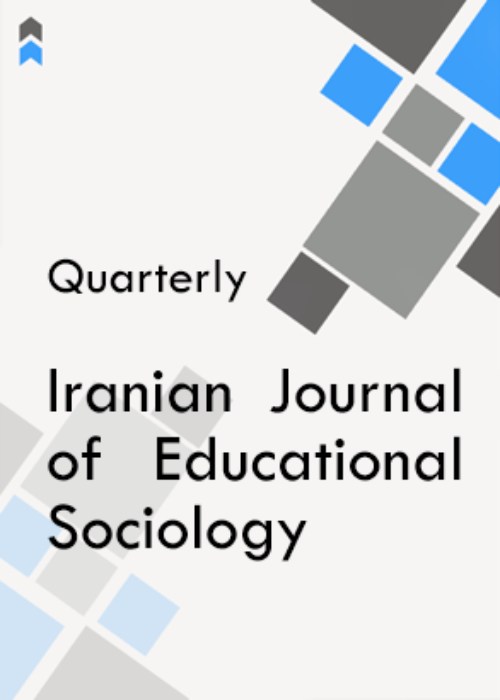Application Model of Knowledge Management Training Implementation
The purpose of the present study was to present an applied model for implementing knowledge management training.
The purpose of this study was applied, and the research method was descriptive-survey and cross-sectional. The statistical population of the study consisted of Mazandaran city managers with experience of management and selected public administration professors in the universities of Mazandaran province (Qualitative) as well as all official, contracted, contracted, volumetric and corporate staff of Sari municipality (quantitative) in summer 1977 (1255). The analysis was based on data collected from 10 mayors and 295 staff of qualitative and quantitative subjects, using stratified random sampling and Cochran's formula (for quantitative phase). Was. The sampling method was "Samples containing rich information" (for the qualitative stage) from the target population. Data were collected in a qualitative phase using semi-structured interviews based on data theory and in a quantitative phase using a designed questionnaire including 88 items based on 5-point Likert spectrum, collected through soft SPSS and AMOS were analyzed. Exploratory and confirmatory factor analysis and Friedman test were used for data analysis.
The results showed that the model of knowledge management training implementation includes 12 variables: organizational culture, organizational structure, information technology, human resources, knowledge process, leadership and leadership support, organizational learning, organizational strategies, communication, environment, It was motivation (benchmarking) and benchmarking.
Knowledge management as a process effectively utilizes the competencies, experiences, specialties, skills, talents, thoughts, ideas, actions and imaginations of individuals and integrates them into the organization's information resources to achieve its goals.
- حق عضویت دریافتی صرف حمایت از نشریات عضو و نگهداری، تکمیل و توسعه مگیران میشود.
- پرداخت حق اشتراک و دانلود مقالات اجازه بازنشر آن در سایر رسانههای چاپی و دیجیتال را به کاربر نمیدهد.



